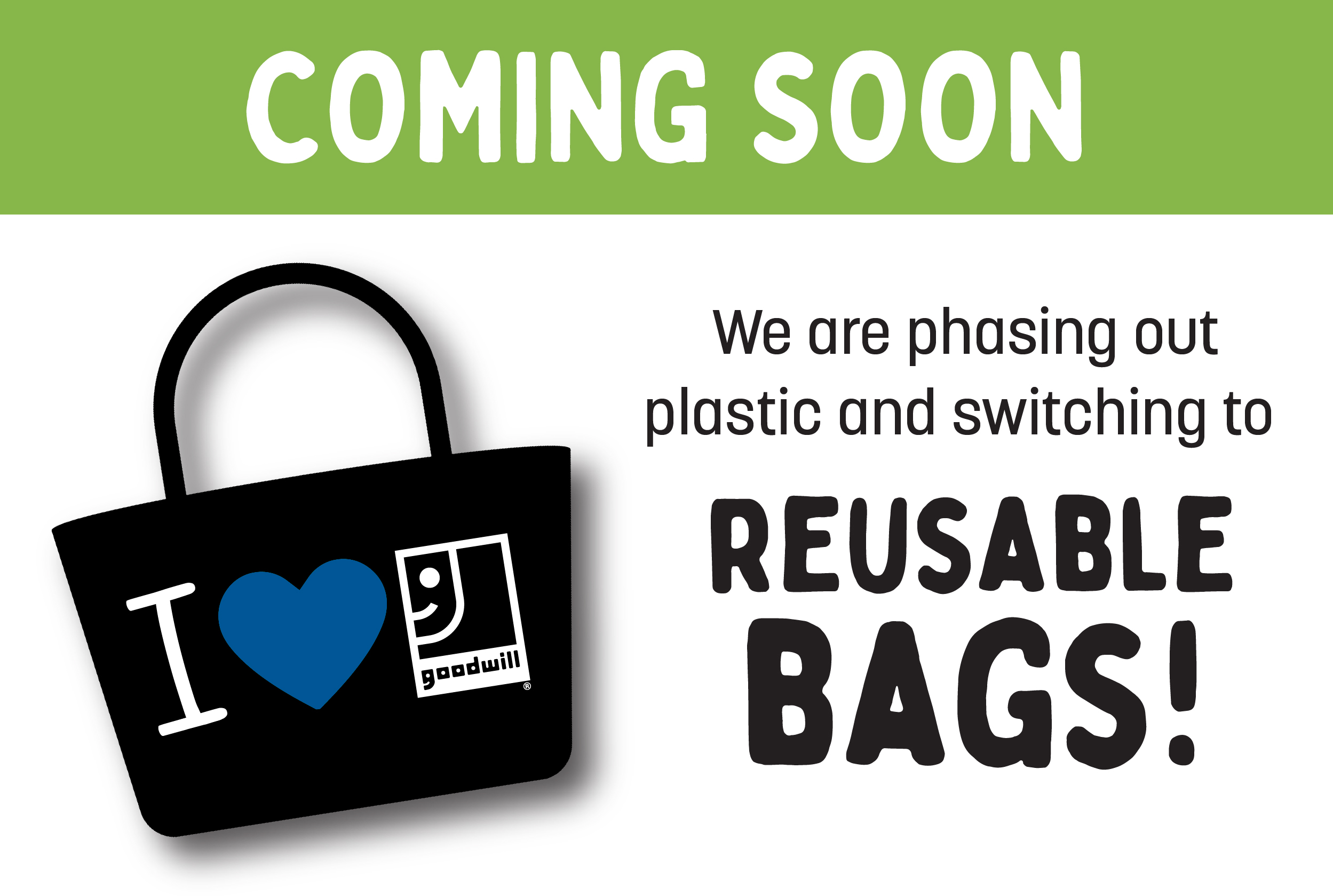Three Easy Ways to Live More Sustainably
April 20, 2022
April 20, 2022

April 16, 2024
By Sharine Sample, Regional Workforce Development Manager Do you often procrastinate at work? Trick question, because at some point we’ve all been guilty of putting off a task until the last minute. Procrastination on the job can lead to a lower ... read full story

April 04, 2024
Goodwill Industries of Northwest North Carolina is celebrating Earth Day with a big commitment to the environment: beginning on Monday, April 22, plastic shopping bags will no longer be available in its 51 retail and outlet stores. Instead, shoppe... read full story

March 12, 2024
By Sharine Sample We’ve all been in conversations at work where the person you’re talking to doesn’t seem to be paying attention to what you’re saying. It’s frustrating when you can tell that the other person just isn’t listening. But in all hones... read full story